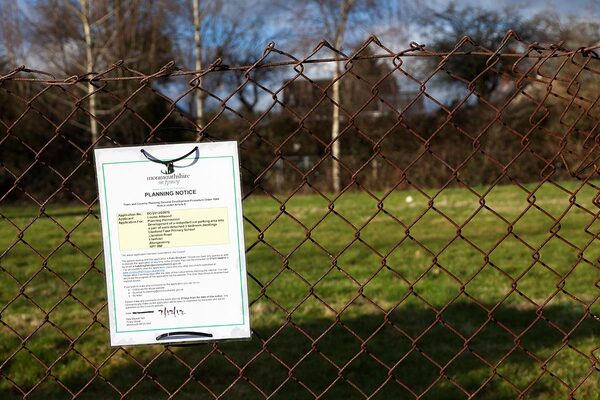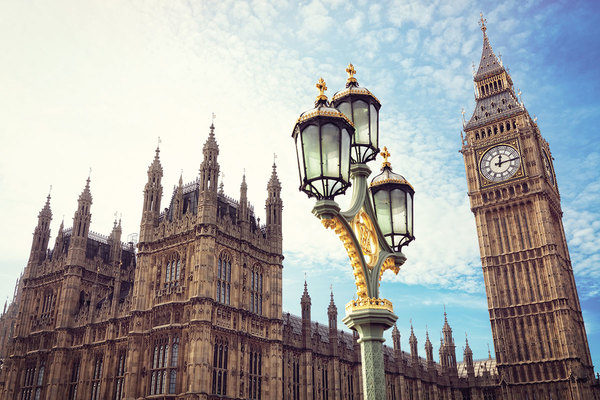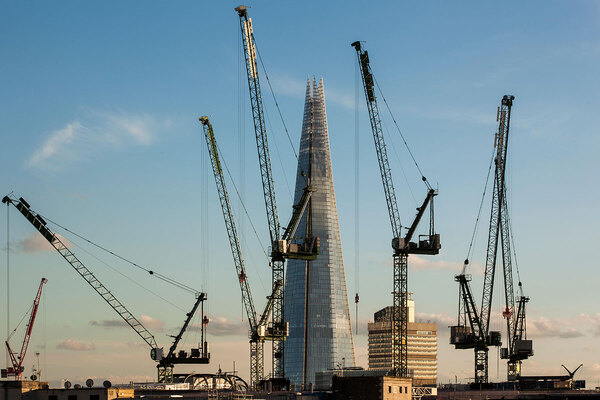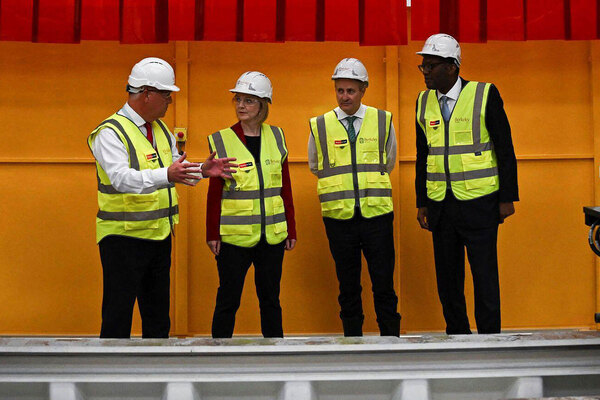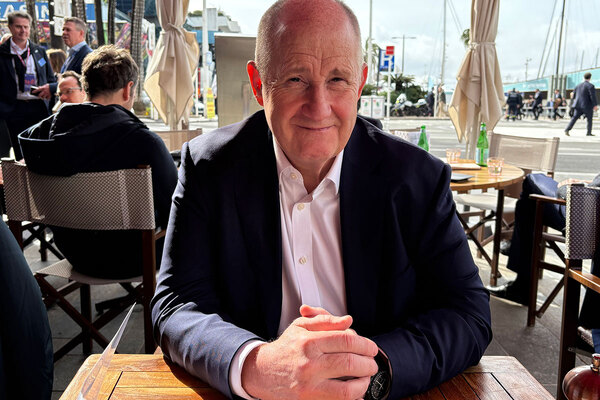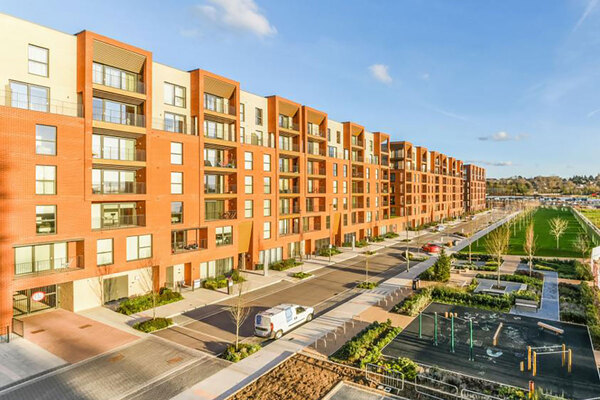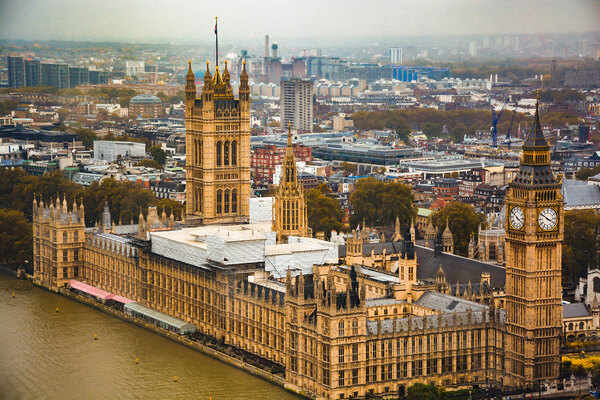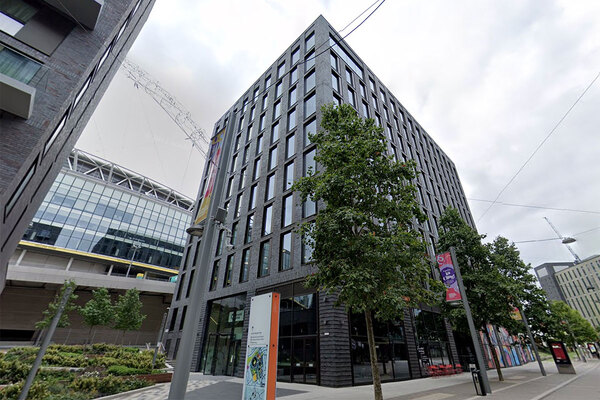Up to 10,000 fewer affordable homes would have been built had Infrastructure Levy been in place, says City Hall
New City Hall research has found that London could have lost out on between 4,500 and 10,000 affordable homes had the government’s proposed Infrastructure Levy been in place instead of the current system.
The research, which covers a five-year period, found that the levy could also have made between 10,000 and 30,000 homes of all tenures unviable.
Mayor of London Sadiq Khan has joined a host of organisations across the country that are calling on the government to drop the proposed new levy in the Levelling Up and Regeneration Bill.
He said the new levy could massively reduce London’s supply of new affordable homes.
The government’s proposed planning reforms include replacing Section 106 and the Community Infrastructure Levy (CIL) with a single new levy in a bid to ensure that affordable housing and infrastructure agreed by a developer is delivered “as expected” and on time.
As it stands, the CIL funds larger infrastructure such as schools and transport improvements, while Section 106 agreements fund affordable housing and smaller scale facilities.
By the end of 2021-22, the CIL had generated approximately £1.43bn for councils across the capital.
Under the proposals, the amount developers will have to pay will be calculated once a project is complete, instead of at the stage the site is given planning permission, as it is currently.
Last month, 30 housing associations, house builders, charities and councils urged the government to abandon its plan for the new levy, warning it could cause a reduction in the number of new affordable homes and less money assigned to infrastructure.
However, changes to the levy – including placing firmer emphasis on the need for local authorities to maintain a similar or greater level of affordable housing funding under the new system – were welcomed by the National Housing Federation last week.
Mr Khan said the new levy would be “more complex and less effective” than the current developer contributions. He added that the proposed system would “at best delay” and “at worst lose” improvements, reducing affordable homes.
City Hall raised concerns about several recent amendments tabled by the government.
One change is to introduce a requirement that councils “seek to” ensure the level of affordable housing which is funded and provided by developers is maintained or exceeded when setting levy rates. But an additional amendment removes this duty if it would result in development becoming unviable.
The mayor said that while this was welcome in principle, the changes fail to address the issue that requiring affordable housing through a fixed levy system is “likely to result in low rates being set and fewer homes being delivered than at present”.
Mr Khan said: “I welcome the government’s ambition of securing more funding for affordable homes and infrastructure and creating a developer contributions system that is quicker, clearer and more consistent.
“Unfortunately, the proposed Infrastructure Levy fails to achieve any of this.
“Ministers should work with councils and the housing sector to improve the current developer contributions system, building on the trailblazing progress we have made in London in recent years as we seek to create a better, fairer and more prosperous city for all.
“Unworkable proposals like the Infrastructure Levy cause uncertainty and eat up resources from a planning system that is already struggling.”
A Department for Levelling Up, Housing and Communities (DLUHC) spokesperson said: “We do not recognise these figures by City Hall. The new Infrastructure Levy will ensure we are delivering affordable housing alongside vital infrastructure.
“We will consult further before implementing any changes as this will be gradually rolled out to make sure we get it right.”
Sign up for our development and finance newsletter
Already have an account? Click here to manage your newsletters

